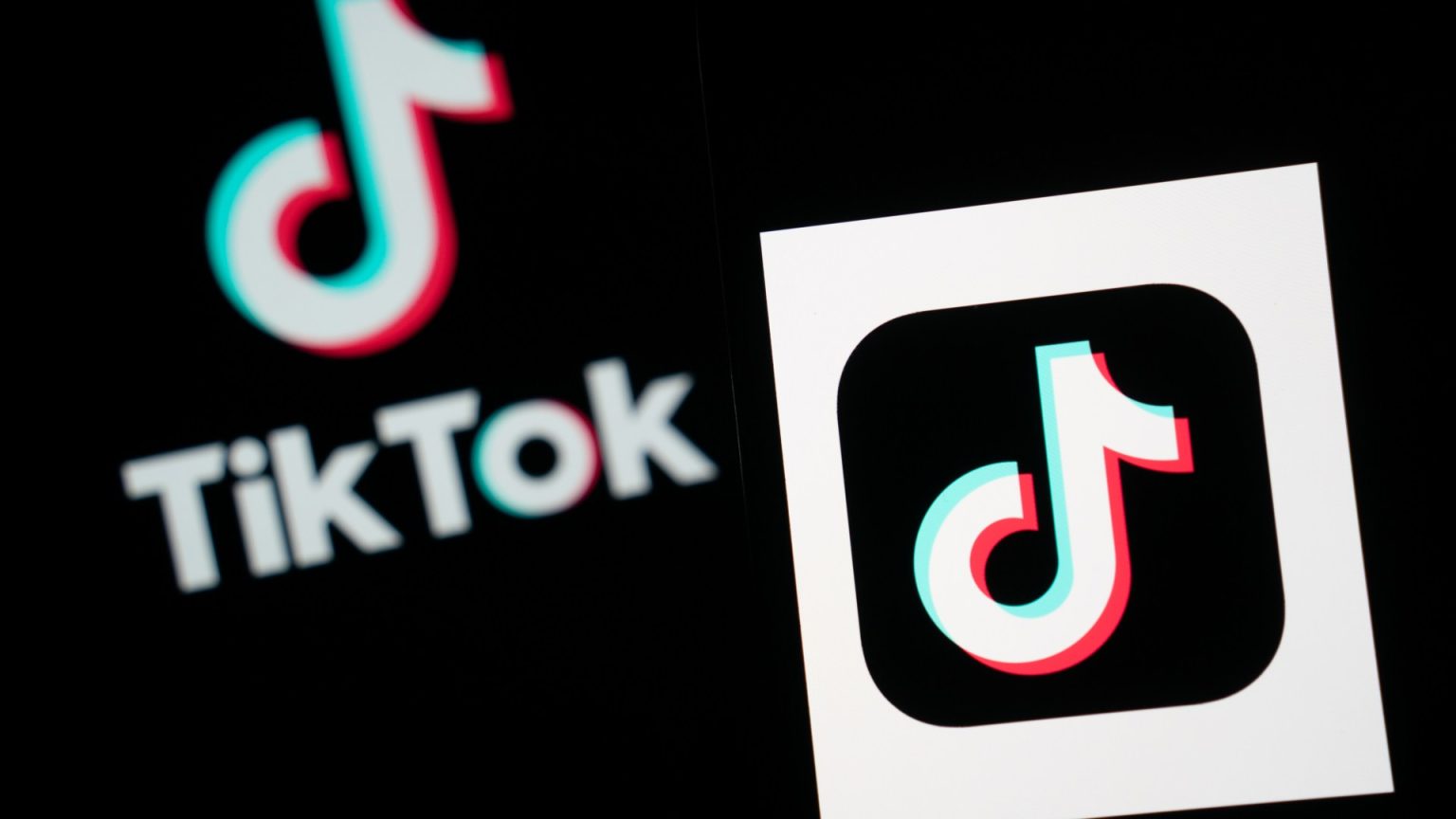The UK government has unequivocally stated that it has “no plans” to follow the United States in banning the popular social media platform, TikTok. This declaration comes amidst growing speculation about the app’s future, particularly following the US Supreme Court’s decision to uphold a law mandating TikTok’s separation from its Chinese parent company, ByteDance. While the US ban, driven by national security concerns regarding data collection, looms large, the UK government maintains that its approach to data security involves engagement with all major social media companies, including TikTok, to ensure compliance with stringent UK data protection and cybersecurity standards. Downing Street emphasized that the US ban is a matter for the US government to decide and reiterated its focus on collaborating with social media platforms to safeguard UK user data.
The US ban stems from longstanding concerns that TikTok’s Chinese ownership poses a national security risk, with allegations that the app could be used to collect data on American citizens and share it with the Chinese government. The law signed by President Biden in April 2024 aimed to address these concerns by forcing TikTok to divest from ByteDance. Despite TikTok’s legal challenges arguing that the ban infringes on freedom of speech, the Supreme Court ultimately upheld the law, leaving the app’s future in the US uncertain. While President Biden has indicated a reluctance to enforce the ban during his term, the decision effectively passes the responsibility to his successor, Donald Trump.
Adding to the complexity of the situation, TikTok itself announced its intention to “go dark” in the US on January 19, 2025, citing a lack of clarity and assurance from the Biden administration regarding the enforcement of the ban. The company expressed concerns that the uncertainty surrounding the ban jeopardizes its ability to maintain service for its vast user base of over 170 million Americans. TikTok’s statement highlighted the crucial role of service providers in ensuring the platform’s availability and stressed the need for a definitive statement from the administration to guarantee continued operation.
The White House, while acknowledging the national security concerns raised by Congress, has maintained that TikTok should remain available to Americans, albeit under new ownership that addresses these concerns. This suggests a preference for a sale of TikTok’s US operations to an American or other suitable entity rather than an outright ban. However, the lack of concrete action and the impending deadline have created a precarious situation for the platform and its users.
In contrast to the US approach, the UK government’s strategy involves ongoing dialogue and collaboration with social media companies to ensure data security. This approach emphasizes working with platforms to address concerns rather than resorting to outright bans. The UK government’s spokesperson reiterated its commitment to engaging with all major social media companies, including TikTok, to understand their data security plans and ensure compliance with UK regulations. This collaborative approach reflects a different perspective on balancing national security concerns with the importance of maintaining access to popular online platforms.
The divergent paths taken by the US and UK governments highlight the complex challenges posed by the intersection of technology, national security, and freedom of expression. While the US has opted for a more aggressive approach, driven by specific concerns regarding Chinese ownership, the UK has chosen a path of engagement and collaboration. The contrasting approaches underscore the ongoing debate about how best to regulate the digital landscape while safeguarding national interests and protecting user rights. The future of TikTok in the US remains uncertain, while its operations in the UK, for now, appear unaffected. The unfolding situation will undoubtedly continue to shape the global conversation on data security, online censorship, and the role of governments in regulating the digital realm.











